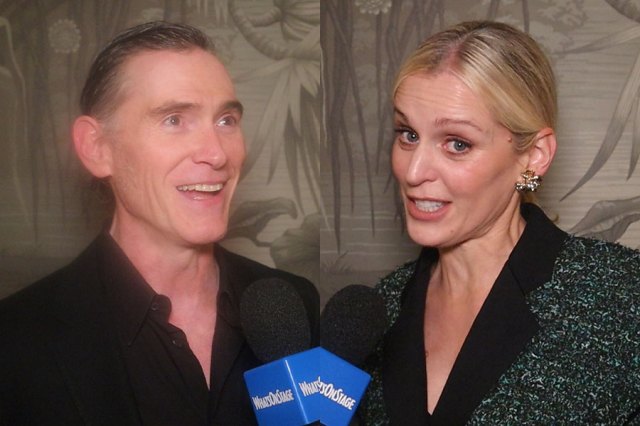Honour Bayes: Science & art, the next evolutionary step
Science and art are often seen as polar opposites; one a rational search for answers, the other a philosophical exploration into the questions. But it’s not only Leonard de Vinci who was able to combine the two so spectacularly.
From opera impresario Jonathan Miller to rock star physician Brian Cox, the lines between scientist and artist are often blurred.
Vagabonds through and through, artists have always gobbled up scientific subjects as inspiration. But increasingly more scientists are taking centre stage.
Two fascinating current examples are Fuel’s Body Pods project and Katie Mitchell and Professor Stephen Emmott’s Ten Billion, currently at The Royal Court.
Body Pods is a year long project masterminded by Fuel co-directors Louise Blackwell and Kate McGrath; each month a part of the body is explored by an artist and scientist in a podcast.
Inspired by their Everyday Moments series last year, Body Pods continues their wish to try out different ways to intervene into people’s lives with a playful light touch.
“We wanted to try another idea” McGrath explains “and we’re interested in asking artists to collaborate with scientists because we’ve done a lot of work over the years with different scientists as advisers on different projects and its fascinating bringing together artists and scientists.
Beginning rather aptly with The Ear (a collaboration between David Rosenburg and David McAlpine, the brains behind the astonishing Electric Hotel), each podcast has a different flavour reflecting the tone of each collaboration. “Some (of the scientists) are in the podcasts, others have been more behind the scenes.” McGrath says.
In one of my favourites, The Heart, surgeon Dave Hildick-Smith sings. It’s oddly moving. In The Arse, film director Amanda Boyle comes to terms with cellulite. She chooses the subject on the advice of her scientific collaborator, David Gems, as she deliciously re-enacts in her podcast.
For Blackwell one of the most unexpected pleasures of Body Pods has been the sharing potential of each piece “With (The Heart) I sent it to my mum because there was some stuff going on with her and her heart and actually with The Arse, I’ve sent it to loads of women… ‘this is about cellulite and it’s really funny.’”
Because the podcasts are never longer than 12 minutes and are free, the deal that Body Pods sets up with its audience is, as Blackwell points out, “quite a nice one.”
Though equally as accessible, the same could not be said of Ten Billion; “We’re all fucked” Stephen Emmott coolly says, – this deal is not a nice one. An illustrated lecture on the catastrophic effects of our continually growing population, Katie Mitchell’s collaboration with Emmott is bleak viewing. It’s also utterly compelling.
As he charmingly points out himself, Emmott is not a performer. Nor does it seem that for all his impressive accolades, he is a megalomaniac. So why has he chosen to stand in front of audiences both here and at Festival D’Avignon?
“I’m here because I’m concerned” he says calmly, “I’m concerned about the state of our planet. I think the situation that we’re in right now can rightly be called a planetary emergency, an unprecedented planetary emergency.”
Described as a new form of scientific lecture this is a static presentation of some sensational facts. Performed in an exact replica of Emmott’s office in Cambridge, Ten Billion moves the collaboration of science and theatre more into the environment of the lab than the stage.
This is science using art as a platform to get a point across. Whilst for McGrath the huge accessibility of Body Pods was a pleasurable surprise, for Emmott and Mitchell getting their message out to as many people as possible is their final goal.
“I wanted to make this show because I didn’t want my child in 20 or 30 years to say to me, ‘Did you know that there was a very high possibility of these things happening?'” Mitchell said in an interview to AFP. “I wanted to be able to say to her, ‘I knew and I tried to do something very small only in my own field’.”
It remains to be seen if this form of collaboration will be the beginning of a wave of such high concept performative lectures. But in its defiance to provide any answers I believe that Ten Billion is the next step in an ever evolving process of scientific and artistic collaboration.












